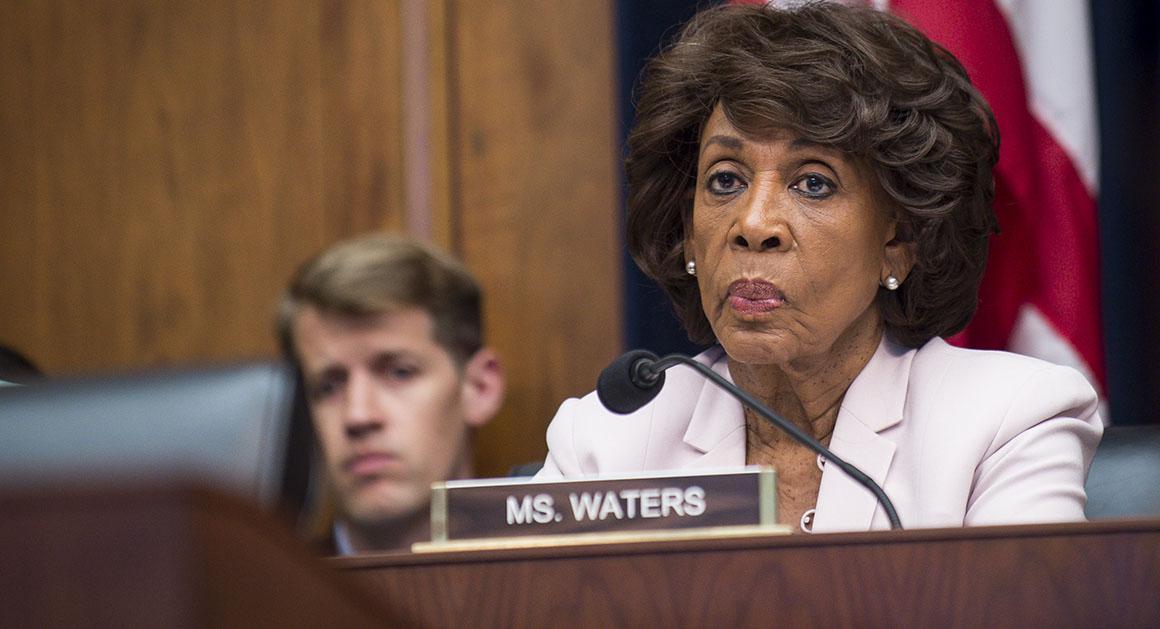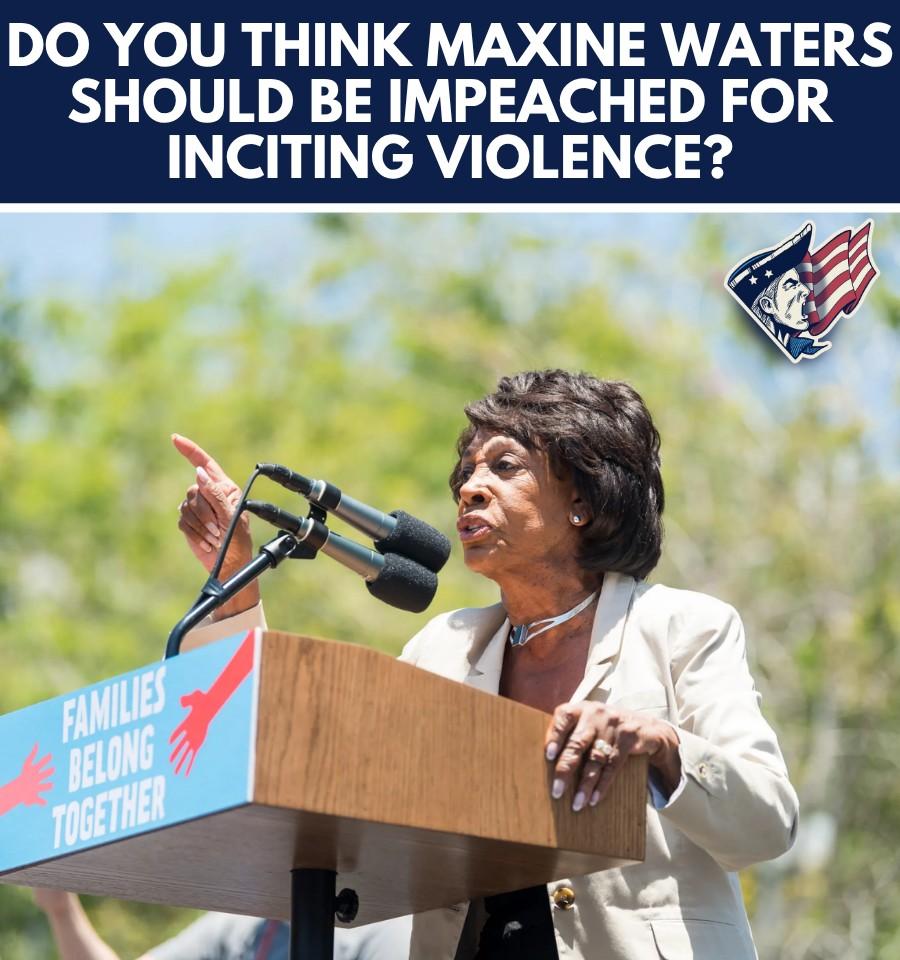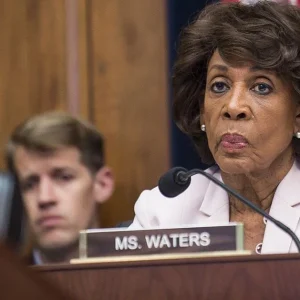In the wake of heightened political polarization in the United States, questions surrounding the conduct of elected officials have become lightning rods for national debate. One such case is that of Representative Maxine Waters, a long-serving Democratic congresswoman from California, who has faced repeated criticism — particularly from conservative circles — for rhetoric that some claim incites public unrest. But does her language rise to the level of impeachable conduct? And what are the legal, constitutional, and political standards involved in such an accusation?

The Controversial Statement
The most cited incident occurred in April 2021, during the trial of Derek Chauvin, the former police officer convicted of murdering George Floyd. While addressing a protest in Brooklyn Center, Minnesota, Waters urged demonstrators to “stay on the street” and “get more confrontational” if the verdict didn’t result in a guilty charge. Critics quickly seized on these remarks, arguing they could be interpreted as incitement to violence or intimidation of the judicial process.

Supporters, however, contend that Waters was using impassioned political language common in protest contexts, and that her words were being selectively quoted and mischaracterized.

What Constitutes “Incitement”?
Under U.S. law, particularly the precedent set by Brandenburg v. Ohio (1969), speech is not considered incitement unless it is “directed to inciting or producing imminent lawless action and is likely to incite or produce such action.” This standard places a high burden on those seeking to criminalize speech or interpret it as incitement.

In this case, there was no evidence that Waters’ comments directly led to violence or riots in the aftermath of her remarks. As such, under legal scrutiny, her words do not clearly meet the constitutional definition of incitement.
Is Impeachment Appropriate?
Impeachment is a constitutional mechanism designed to remove federal officials — including the President, Vice President, and other “civil officers” — for “Treason, Bribery, or other high Crimes and Misdemeanors.” While it has primarily applied to members of the executive and judicial branches, impeachment has been used against members of Congress, albeit rarely.
The key question is whether Waters’ behavior rises to the level of a “high misdemeanor.” Critics argue that, as a public official, she holds special responsibility to promote peace and trust in democratic institutions. By appearing to encourage civil unrest, she arguably failed in that duty.
However, others argue that political speech — especially from the legislative branch — is protected under the Speech or Debate Clause of the Constitution. Additionally, in the absence of direct consequences from her remarks, impeachment could set a dangerous precedent of criminalizing controversial — but constitutionally protected — speech.
Political Theater or Accountability?
Calls for Waters’ impeachment may be more symbolic than substantive. Republican lawmakers have used such statements to galvanize their base, particularly as part of broader narratives about law and order and media bias. Meanwhile, Democrats have defended Waters, noting that similar — or even more inflammatory — language has come from political figures across the aisle without similar repercussions.
The discussion reflects a broader trend in American politics: the weaponization of impeachment and censure as tools of partisan rivalry, rather than measured instruments of accountability.
Conclusion
Should Maxine Waters be impeached for inciting violence? Legally, her comments fall short of the threshold for incitement. Politically, the call for impeachment reflects deepening divisions over what constitutes responsible leadership and the limits of free speech in times of national tension.
While public officials must exercise caution in their words, especially in charged environments, any movement toward impeachment must be grounded not in political retaliation, but in clear constitutional standards and compelling evidence of wrongdoing. Until such evidence exists, impeachment risks becoming less a guardrail of democracy, and more a spectacle of partisanship.






